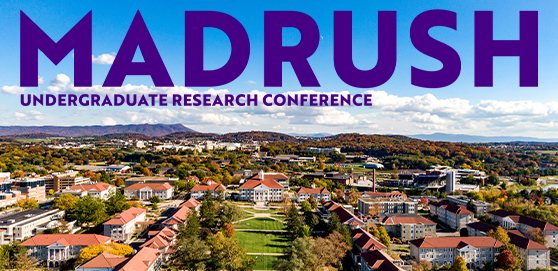Abstract
In recent years, the popularity of the Harry Potter franchise has seen a resurgence with the release of the first two Fantastic Beasts films and accompanying screenplays. As parallels have been drawn between Voldemort’s Death Eaters and Nazis, it is time to examine the relationship between Gellert Grindelwald and real-life fascists. Through such a comparison, we can see common rhetoric in both real and fictional fascism.
Gellert Grindelwald and Albus Dumbledore have not only a Nazi-like goal of racial purity, but employ Nazi-like language to defend themselves. Related fascist rhetoric is woven throughout other European history, particularly in the dialogues of Philippe Pétain, who similarly believed there was a true social hierarchy which put Frenchmen above all others. Our research will show the influence of past political situations on everyday popular fiction, suggesting that fascists represent some of the most common villains in today’s world.
Included in
European History Commons, Modern Languages Commons, Modern Literature Commons, Other French and Francophone Language and Literature Commons, Other German Language and Literature Commons
How Dumbledore Saved Europe: A Comparison of Fascist Rhetoric in European History and in the Harry Potter Franchises
In recent years, the popularity of the Harry Potter franchise has seen a resurgence with the release of the first two Fantastic Beasts films and accompanying screenplays. As parallels have been drawn between Voldemort’s Death Eaters and Nazis, it is time to examine the relationship between Gellert Grindelwald and real-life fascists. Through such a comparison, we can see common rhetoric in both real and fictional fascism.
Gellert Grindelwald and Albus Dumbledore have not only a Nazi-like goal of racial purity, but employ Nazi-like language to defend themselves. Related fascist rhetoric is woven throughout other European history, particularly in the dialogues of Philippe Pétain, who similarly believed there was a true social hierarchy which put Frenchmen above all others. Our research will show the influence of past political situations on everyday popular fiction, suggesting that fascists represent some of the most common villains in today’s world.



